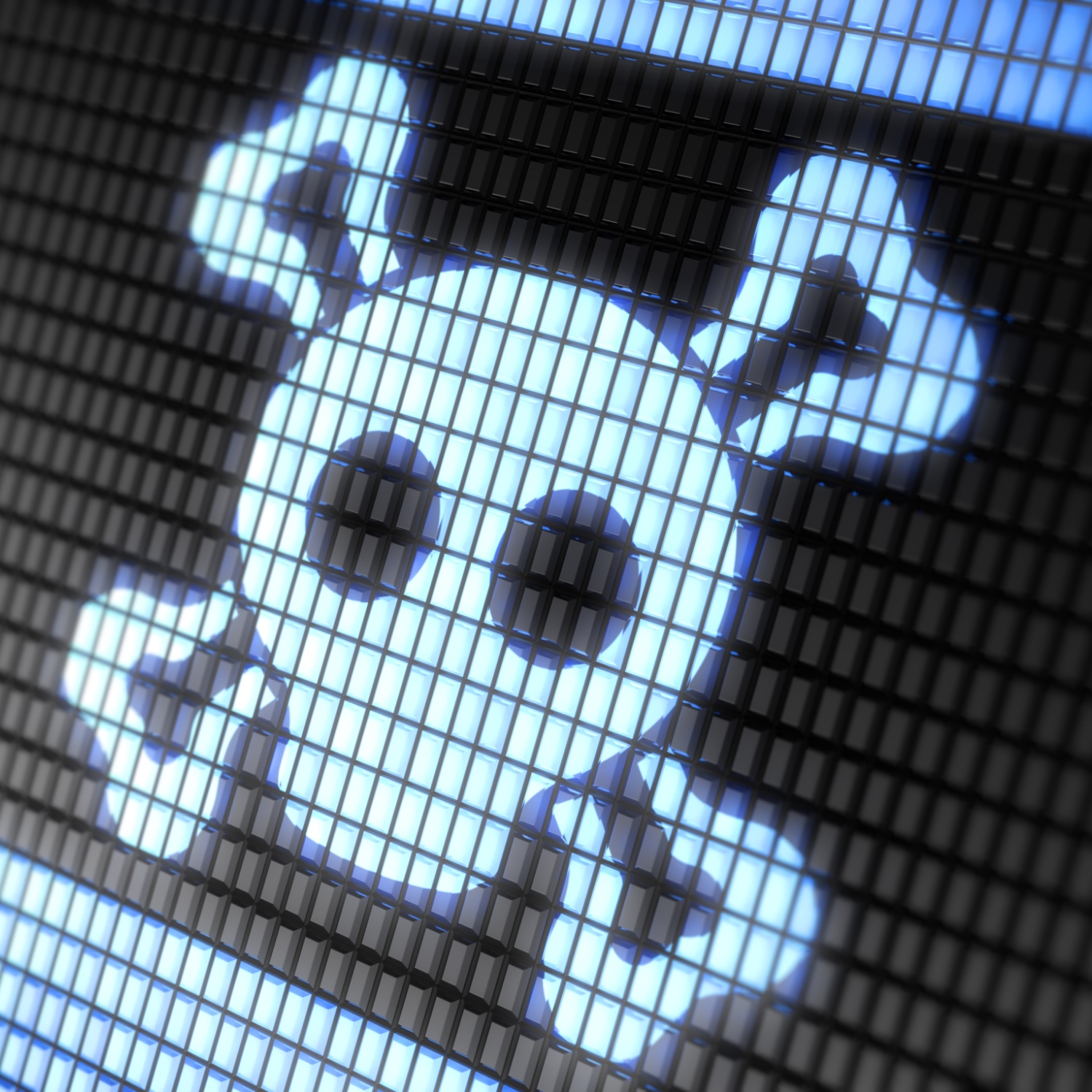Economy
Cybercrime Cost Is Almost 1% of Global GDP and Growing

Published:
Last Updated:

Cybercrime has become such a large problem that it rose to 0.8% of gross domestic product (GDP). And that was in 2016. Based on the expansion of the problem, in 2017, and going into the future, the spread of the effect of the issue could become much larger.
According to security firm McAfee:
In 2014, taking into account the full range of costs, CSIS estimated that cybercrime cost the world between $345 billion and $445 billion. As a percentage of global GDP, cybercrime cost the global economy 0.62% of GDP in 2014. Using the same methods, CSIS now believe the range is now between $445 billion and $600 billion. Our second effort at a global estimate suggests that as a percentage of global GDP, cybercrime cost the global economy 0.8% in 2016.10 Our estimate tried to account for underreporting of losses by companies and governments by extrapolating from the loss rate for countries where we found credible data—these countries accounted for roughly two-thirds of global GDP.
CSIS did the research work with McAfee.
Among the most common areas of attack by cybercriminals are bitcoin, identity theft, financial services firms, ransomware and business email. McAfee believes that cybercrime is a low-risk venture with the potential of huge rewards. Many cybercrimals are never identified. Cybercrime centers have cropped up in North Korea, Brazil, India and Vietnam.
The level of the attacks is massive. According to the report:
Cybercrime operates at scale. The amount of malicious activity on the internet is staggering. One major internet service provider (ISP) reports that it sees 80 billion malicious scans a day, the result of automated efforts by cybercriminals to identify vulnerable targets. Many researchers track the quantity of new malware released, with estimates ranging from 300,000 to a million viruses and other malicious software products created every day. Most of these are automated scripts that search the web for vulnerable devices and networks. Phishing remains the most popular and easiest way to commit cybercrime, with the Anti-Phishing Working Group (APWG) recording more than 1.2 million attacks in 2016, many linked to ransomware.
At its current growth rate, cybercrime could become one of the largest businesses in the world.
Want retirement to come a few years earlier than you’d planned? Orare you ready to retire now, but want an extra set of eyes on your finances?
Now you can speak with up to 3 financial experts in your area for FREE. By simply clicking here you can begin to match with financial professionals who can help you build your plan to retire early. And the best part? The first conversation with them is free.
Click here to match with up to 3 financial pros who would be excited to help you make financial decisions.
Thank you for reading! Have some feedback for us?
Contact the 24/7 Wall St. editorial team.